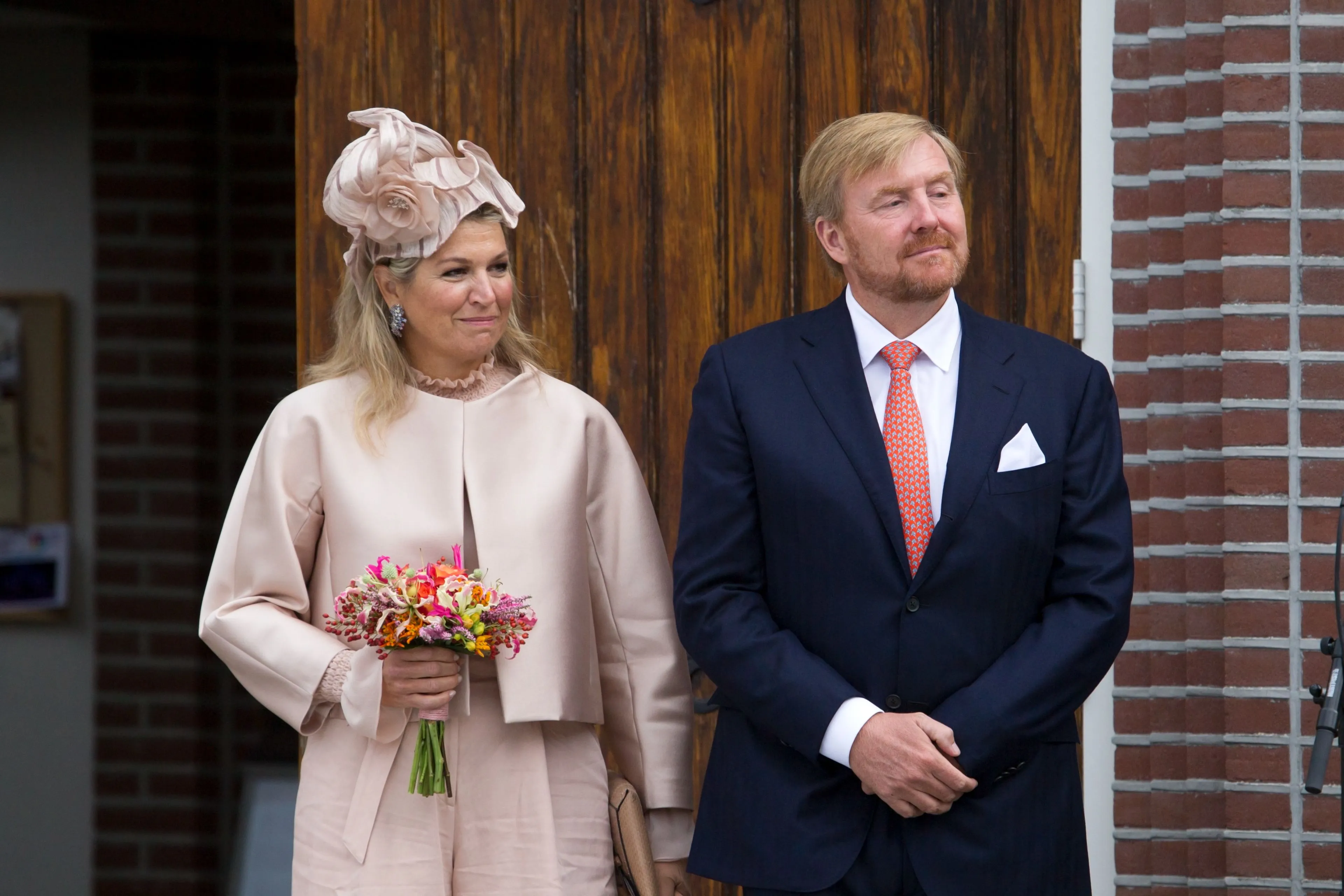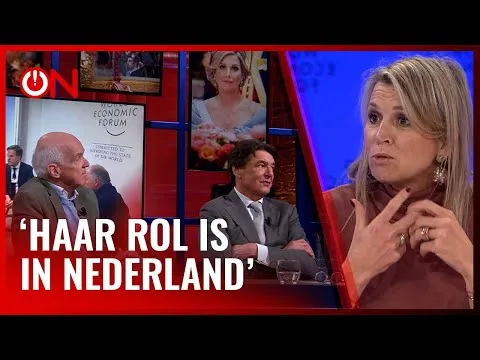Hoe het VN-klimaatpanel zijn wetenschappelijke onschuld verloor
De vergeten episode waarin klimaatwetenschappers zich ontpopten als klimaatactivisten
Eerder schreef ik over de praktijken van de hoofdrolspelers in het Climategateschandaal ter verdediging van wat zij 'The Cause' (de menselijke broeikashypothese) noemden. Hierbij werden methoden gebruikt die strijdig zijn met wetenschappelijke integriteit.
Maar het geknoei begon al veel, véél eerder.
Op het klimaatblog van Paul Luttikhuis beklaagde een van de reaguurders zich over de 'vervuiling van het klimaatdebat'.
Ik heb me ook maar weer eens in de discussie gemengd. Dat is overigens geen onverdeeld genoegen want de ad hominems vliegen je daar om de oren. Voor zover mij bekend doet Paul Luttikhuis zijn best om te modereren, maar dat heeft naar mijn gevoel maar beperkt succes. Zoals DDS-lezers weten, wordt er op mijn blog slechts heel zelden gemodereerd. Bij sommige reacties heb ik soms wel eens het gevoel: moet dat nou? Maar per saldo gaat het m.i. niet slecht. Dus: leve de vrijheid!
Hier mijn bijdrage.
Vervuiling van het debat?
Inderdaad, het klimaatdebat is vaak chaotisch en wetenschappelijke, politieke en ideologische elementen lopen door elkaar heen. Wederzijdse karaktermoorden van AGWers op klimaatsceptici en omgekeerd zijn heel normaal, net zoals 'cherry picking', 'spindoctoring' en 'scaremongering'.
Ik vind dat onwenselijk en probeer mij daarvan verre te houden, zonder dat het mij overigens altijd lukt. Maar ernstiger is de vervuiling/politisering van de wetenschap.
Misschien is het goed om een stukje geschiedenis op te rakelen dat de AGWers (AGW= Anthropogenic Global Warming) die op dit blog actief zijn niet kennen, dan wel wat in hun herinnering is weggezakt.
Eerder schreef ik het volgende over het boek van (wijlen) Marcel Leroux: 'The Erring Ways of Climatology':
The author is no stranger in climate Jerusalem. He is professor of climatology at the University J. Moulin and director of the Laboratoire de Climatologie, Risques, Environnement, both in Lyon. He has already been criticizing the IPCC for more than 20 years. He believes that temperatures are the result of the dynamics of weather systems in the context of the various distinct aerological spaces in the world, not of the hypothetical equations of climate models. Leroux started to write his book in order to comment on the sad state into which climatology has drifted during the last 20 years, since its entering into the political arena, and to show that climatology is also itself to blame for this drift.
Hardly a week goes by without some new scoop ... filling our screens and the pages of our newspapers, he writes. Global warming caused by the greenhouse effect is our fault, just like everything else, and the message/slogan/misinformation becomes even more simplistic, ever cruder! It could not be simpler: if the rain falls or draught strikes; if the wind blows a gale or there is none at all; whether its heat or hard frost; its all because of the greenhouse effect, and we are to blame. An easy argument, but stupid! .
In his book he also meticulously analyzes the development of climate science, focusing on the successive reports of the IPCC, which appeared in 1990, 1995, and 2001. According to Leroux, the first report already contains the core ideas of what is known as global warming, but its tone is moderate and it makes no mention of human responsibility for it. The second report contributes nothing new from a scientific point of view, but suddenly and surprisingly, the human race is held responsible for global warming.
How was this turnaround achieved? New scientific insights? No, it was the result of a veritable scientific coup by sleight of hand. The scandal was brought to light by various people involved, including Frederick Seitz, president emeritus of Rockefeller University and chairman of the George C. Marshall Institute (Washington). In his letter to the Wall Street Journal, on June 12, 1996, he wrote:
[But] this [IPCC] report is not what it appears to be - it is not the version that was approved by the contributing scientists listed on the title page. In my more than 60 years as a member of the American scientific community, including service as president of both the National Academy of Sciences and the American Physical Society, I have never witnessed a more disturbing corruption of the peer-review process than the events that led to this IPCC report.
A comparison between the report approved by the contributing scientists and the published version reveals that key changes were made after the scientists had met and accepted what they thought was the final peer-reviewed version. ... Few of these changes were merely cosmetic; nearly all worked to remove hints of the scepticism with which many scientists regard claims that human activities are having a major impact on climate in general and on global warming in particular.
The following passages are examples of those included in the approved report but deleted from the supposedly peer-reviewed published version:
- None of the studies cited above has shown clear evidence that we can attribute the observed [climate] changes to the specific cause of increases in greenhouse gases.
- No study to date has positively attributed all or part [of the climate change observed to date] to anthropogenic [man-made] causes.
- Any claims of positive detection of significant climate change are likely to remain controversial until uncertainties in the total natural variability of the climate system are reduced.
- No study to date has positively attributed all or part [of the climate change observed to date] to anthropogenic [man-made] causes.
- Any claims of positive detection of significant climate change are likely to remain controversial until uncertainties in the total natural variability of the climate system are reduced.
Instead, the following text was inserted:
The balance of evidence suggests a discernable human influence on global climate.
In spite of the way this view was imposed, and all the subsequent controversy, the idea was never retracted. On the contrary, the latest, fourth report the IPCC (2007) states that it is more than 90% likely (previously still 50%) that more than half of the warming which took place since the middle of the 20th century was man-made. Of course, this statement grabbed media head lines. However, if one asks the scientists who were responsible for upgrading the likelihood of the human contribution to global warming, on which scientific method the adjustment had been based, their answer is expert judgement.
Aldus Marcel Leroux.
Vandaag kreeg ik een onvolledig ontwerp van een nieuwe publicatie onder ogen waarin deze episode in de geschiedenis van het IPCC nog eens zeer uitvoerig werd beschreven. De auteur is Bernie Lewin. Ik ben benieuwd wat voor invloed de publicatie van zijn geschiedschrijving t.z.t. zal hebben.
Deze episode was een keerpunt, waarbij het IPCC zijn wetenschappelijke onschuld verloor.
De conclusies en aanbevelingen van het IPCC hebben tot een klimaatbeleid geleid dat jaarlijks honderden miljarden kost. Iedereen weet of zou moeten weten dat dit beleid geen enkel meetbaar klimaateffect zal hebben. Het is 'all pain and no gain'. En toch blijven de AGWers maar doorzaniken.
Voor mijn eerdere DDS-bijdragen, zie:
Ga verder met lezen
Dit vind je misschien ook leuk
Laat mensen jouw mening weten


